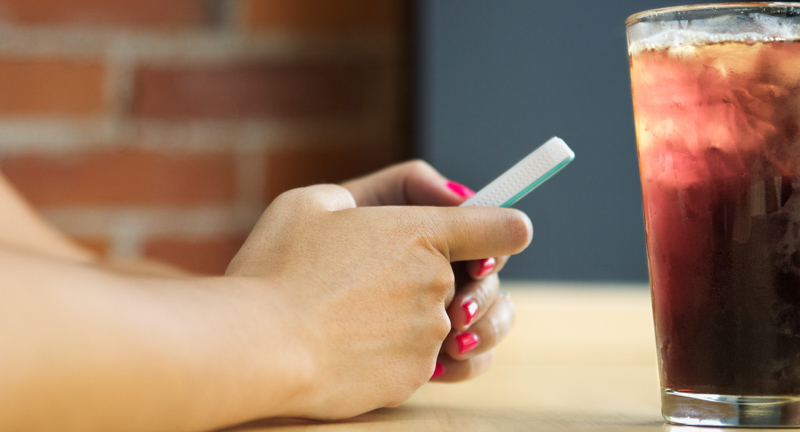How to make wearables work? Digital health coaching.
Steph Habif and Glennis Coursey
Over the past five years, we’ve seen an explosion of companies working to scale digital health coaching. Rock Health specifically has seen a number of exciting announcements in 2014.
In February, MyFitnessPal announced the acquisition of Sessions. Omada Health completed a Series B funding round of $23 million in April. In May, Weight Watchers acquired Wello, and Kurbo Health announced that it raised $5.8 million to “use digital health coaches to help fight childhood obesity.”
What the heck is digital health coaching?
Research shows that health coaching is a wildly effective behavior change strategy. It increases medication adherence, decreases health care costs, enhances perceived happiness, and maximizes health related goal achievement (1,2,3,4). But the price and logistics of in-person coaching are not an option for many people.
Enter digital health coaches.
Digital health coaches are experts who use digital tools to scale services to large groups of people. When coaching services are combined with data from wearables and apps, coaches can provide almost instant feedback on behavior. A digital health coach is trained to translate data on both a social and emotional level and trigger actionable change.
So what do coaches do that wearables alone don’t?
1. Break the cycles of failure.
Meet Mary. She has almost everything she needs to be healthy – a Fitbit, health apps, diet books – but none of the support, encouragement, or accountability to actually be healthy. She signs up for digital health coaching.
Every time Mary has not succeeded in the past, instead of blaming her diet book or Fitbit she’s blamed herself. Mary doesn’t think, “These products have failed me”. She thinks, “I have failed.”
Mary’s coach can work to understand her unique history and patterns of failure to support in her making sustainable steps towards lasting change. How?
2. Create a success story. Fast.
Self-efficacy – people’s belief in their ability to do something—builds over time with successful practice, and impacts behavior change outcomes.
Mary’s coach can help her build self-efficacy by setting a goal she can achieve right away.
Mary’s goal was to go to the gym every morning. Instead, her coach worked with her to walk the dog after dinner three times this week. Keeping Mary focused on completing something “smaller” in the near future increases her likelihood of success. This concept of baby steps is what BJ Fogg’s Tiny Habits program is all about.
3. Experiment with new habits to replace old habits.
Habits are socially, emotionally, and neuroscientifically difficult to break because they are hard-wired into the habit default center of the brain. It is often easier to create a new habit than break an old habit.
One of Mary’s other goals is to follow a Mediterranean diet. She’s been trying to stick with it for nearly six months but often goes to the bakery for an afternoon pastry.
Instead of working to break Mary’s pastry habit, her coach encourages her to buy some nuts. Mary finds that the nuts make her more energized and she’s less tempted to go to the bakery. Her coach validates and celebrates her decision every time she chooses the nuts to reinforce her new habit.
Mary starts to believe that working with a digital health coach is what she needs to create health behavior change she can maintain. This period of coach-led, data-driven, dynamic experimentation is critical for putting users on a path to success.
Dr. Steph Habif, Behavior Designer at Habif Health is a behavioral scientist with 10+ years of experience leading healthcare teams on ways to design for consumer engagement. She specializes in health behavior program design, and has worked with companies such as Whole Foods Market and Aetna, Inc. She is an affiliate of the Stanford Persuasive Tech Lab + teaches several classes at Stanford University’s Hasso Plattner Institute of Design (the d.school). Learn more about Steph at www.habifhealth.com
Glennis Coursey attended Santa Clara University where she graduated with an honors bachelor of science in psychology and interpersonal communication. After two years working for a San Francisco literacy nonprofit, her passion for behavior change lead her to Sessions – a behavioral health startup focused on helping people live better, more healthy lives. As Sessions’ Coaching Director she helped hundreds of people start and maintain exercise routines they love. Sessions was acquired by MyFitnessPal where she’s now the Coaching Lead.
